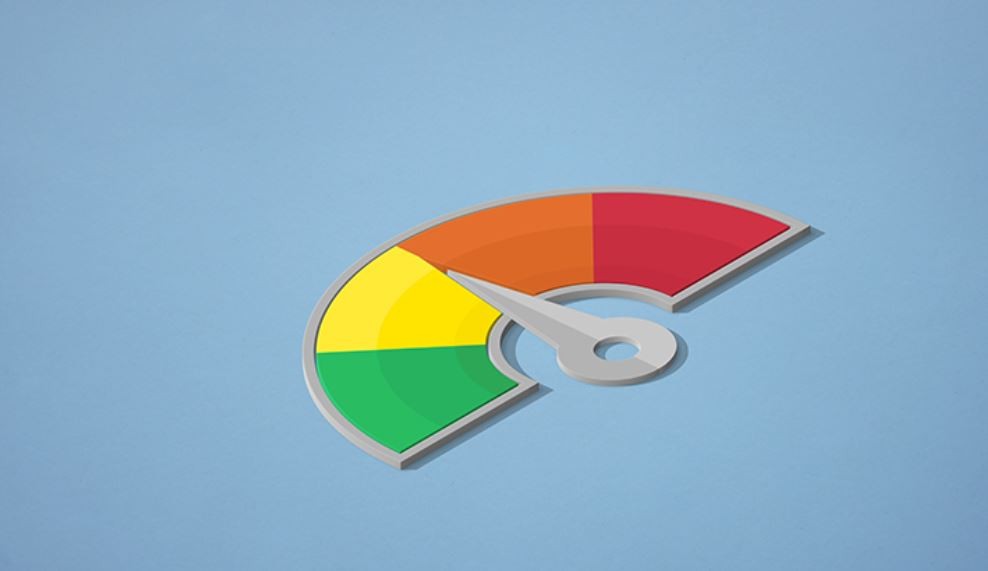
“Lenders review your credit to assess your ability to make payments on time, to pay back debts, and more.”
If you’re thinking about buying a home, you should know your credit score’s a critical piece of the puzzle when it comes to qualifying for a home loan. Lenders review your credit to assess your ability to make payments on time, to pay back debts, and more. It’s also a factor that helps determine your mortgage rate. An article from Bankrate explains:
“Your credit score is one of the most important factors lenders consider when you apply for a mortgage. Not just to qualify for the loan itself, but for the conditions: Typically, the higher your score, the lower the interest rates and better terms you’ll qualify for.”
This means your credit score may feel even more important to your homebuying plans right now since mortgage rates are a key factor in affordability, especially today. According to the Federal Reserve Bank of New York, the median credit score in the U.S. for those taking out a mortgage is 765. But, that doesn’t mean your credit score has to be perfect. An article from Business Insider explains generally how your FICO score range can make an impact:
“. . . you don’t need a perfect credit score to buy a house. . . . Aiming to get your credit score in the ‘Good’ range (670 to 739) would be a great start towards qualifying for a mortgage. But if you’re wanting to qualify for the lowest rates, try to get your score within the ‘Very Good’ range (740 to 799).”
Working with a trusted lender’s the best way to get more information on how your credit score could factor into your home loan and the mortgage rate you’re able to get. As FICO says:
“While many lenders use credit scores like FICO Scores to help them make lending decisions, each lender has its own strategy, including the level of risk it finds acceptable. There is no single “cutoff score” used by all lenders and there are many additional factors that lenders may use to determine your actual interest rates.”
If you’re looking for ways to improve your score, Experian highlights some things you may want to focus on:
- Your Payment History: Late payments can have a negative impact by dropping your score. Focus on making payments on time and paying any existing late charges quickly.
- Your Debt Amount (relative to your credit limits): When it comes to your available credit amount, the less you’re using, the better. Focus on keeping this number as low as possible.
- Credit Applications: If you’re looking to buy, don’t apply for other credit. When you apply for new credit, it could result in a hard inquiry on your credit that drops your score.
When you’re ready to start the homebuying process, a lender will be able to assess which range your score falls in and tell you more about the specifics for each loan type.
Bottom Line
With affordability challenges today, prioritizing ways you can have a positive impact on your credit score could help you get a better mortgage rate. If you want to learn more, let’s connect.
To view original article, visit Keeping Current Matters.
The Perfect Home Could Be the One You Perfect After Buying
Take a close look at your wish list and considering what features you really need in your next home versus which ones are nice-to-have.
Why You Need To Use a Real Estate Agent When You Buy a Home
When it comes to buying a home, there are a lot of moving pieces. That’s why the best place to start is connecting with a real estate agent.
When You Sell Your House, Where Do You Plan To Go?
Working with a real estate agent throughout the process is mission-critical to your success. They’ll help you explore all of your options.
Experts Project Home Prices Will Rise over the Next 5 Years
Experts project home prices will continue to rise across the country for years to come at a pace that’s more normal for the market.
Are The Top 3 Housing Market Questions on Your Mind?
When it comes to what’s happening in the housing market, there’s a lot of confusion going around right now.
Is Wall Street Buying Up All the Homes in America?
Are institutional investors, like large Wall Street Firms, really buying up so many homes that the average person can’t find one?





